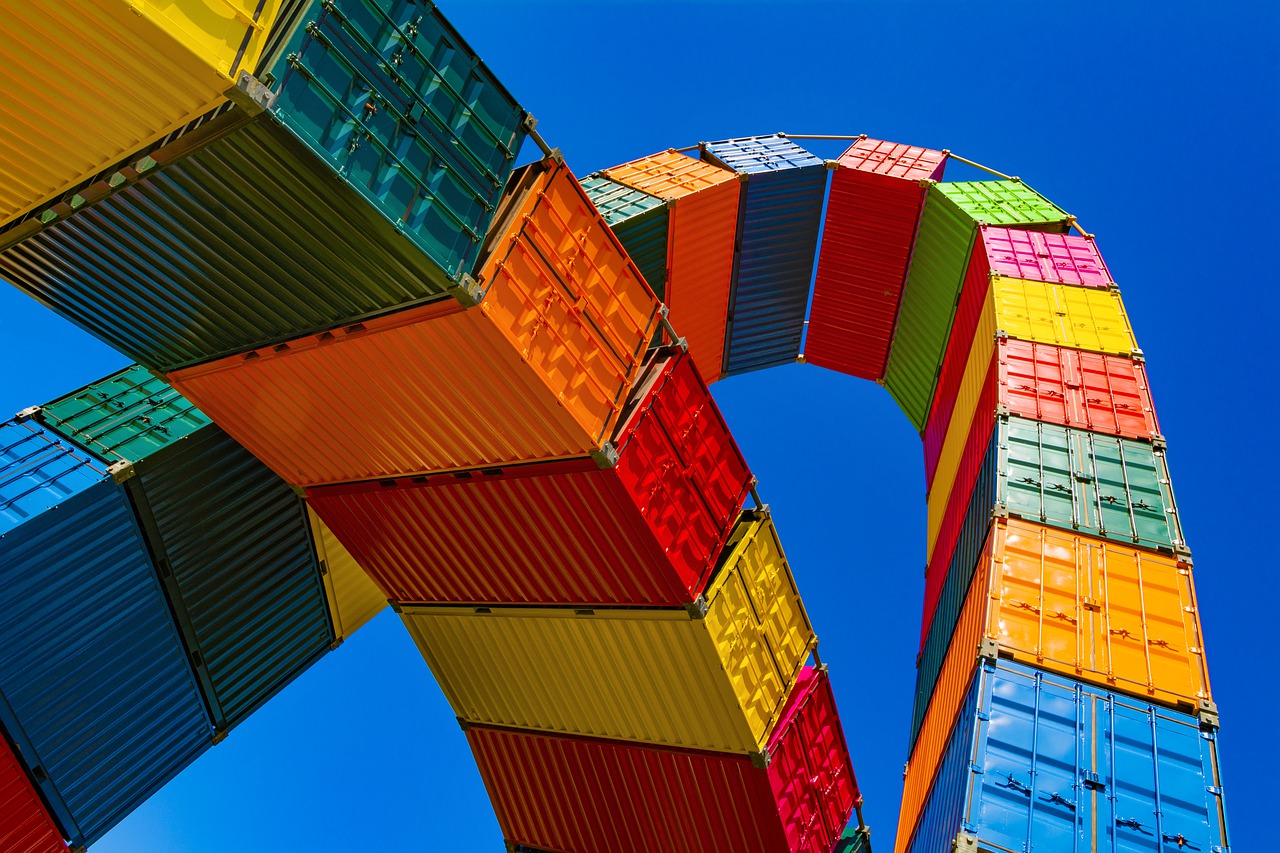New £1 Billion India-UK Trade Deal to Pave Way for Free Trade?
On Tuesday, India and The UK announced a £1 billion investment in the private sector. An investment of £240 million by the Serum Institute of India for its vaccine business in Britain is also included.
The announcement came just ahead of the British Prime Minister Boris Johnson’s virtual summit with Prime Minister Narendra Modi. The package includes over £533 million of news Indian investment into the UK in vital and growing sectors like health and technology. It also comprises British exports to India worth more than £446 million, while £200 million of these deals will support low-carbon growth.
Now the investments include £240 million to be pumped in by the Serum Institute of India for its vaccines business in Britain. It is also going to have a new sales office as well there.
According to the British Prime Minister’s office, the investments form part of the enhanced trade partnership.
While this bilateral trade deal is a limited deal, it has enormous significance. It opens the doors to the larger trade deal, the freed trade agreement that the two countries are negotiating. This can be seen as an important mark of political intent by both countries. The political intent has to do with China as well from the Indian perspective. Given the crisis India currently is in right now, there is possibly going to be Chinese pressure. India wants to show that it is not alone and has partners. India has had a supply chain resilient initiative with its partners like Australia and Japan and of course the quad-initiative on the vaccines.
India wants to take supply chains away from China’s control into a concert of countries that have common concerns on Chinese practice in the trade. In addition, in order to do this India will have to have more partnerships and the Britain-India agreement is the bark of intent.
India is also probably going to sign a free trade agreement with the European Union during its virtual summit next week. This step by Britain might be in preemption of the fact that it is not part of the EU anymore. If not a free trade agreement, UK wants to do something on basis that the EU shall be going ahead with a trade deal.
Britain has described itself now as global Britain, which means it is trying to find a certain economic resilience using other trade partners. About 80% of the British economy is dependent on services and 50% of its exports are services-driven exports. A bulk of these exports are with the EU. Now with the reorganization of the new trade deal with the EU, Britain is clearly looking at other potential buyers of its services.
This recent trade deal between UK and India might add a new dimension to their already strong bilateral trade relationship. It might even pave way for a free trade agreement between both countries in the near future.

















